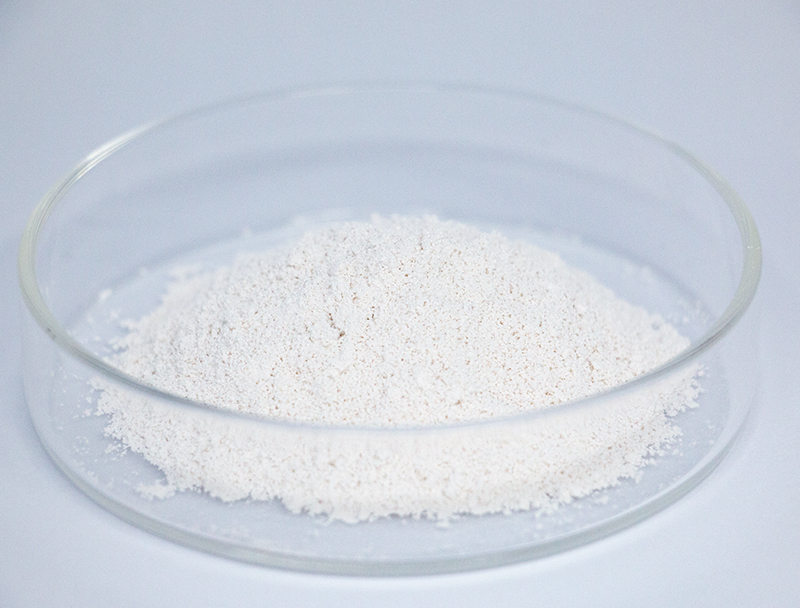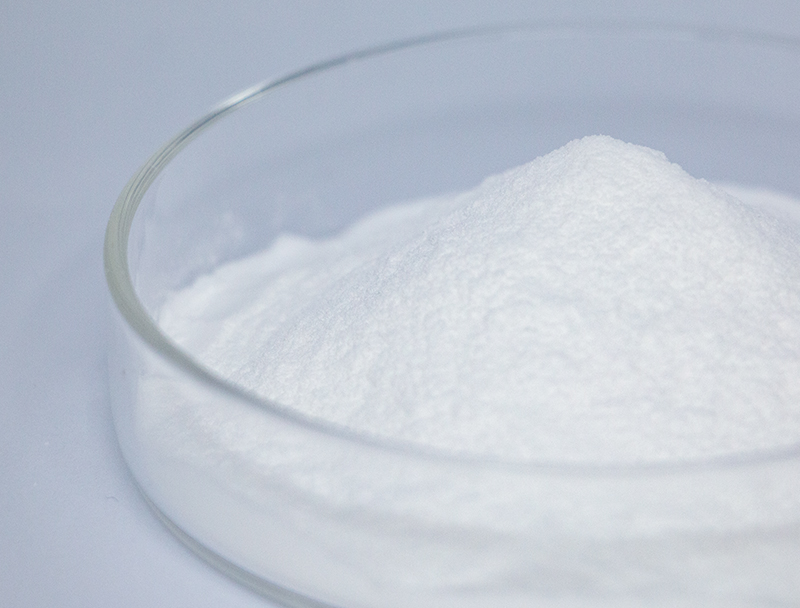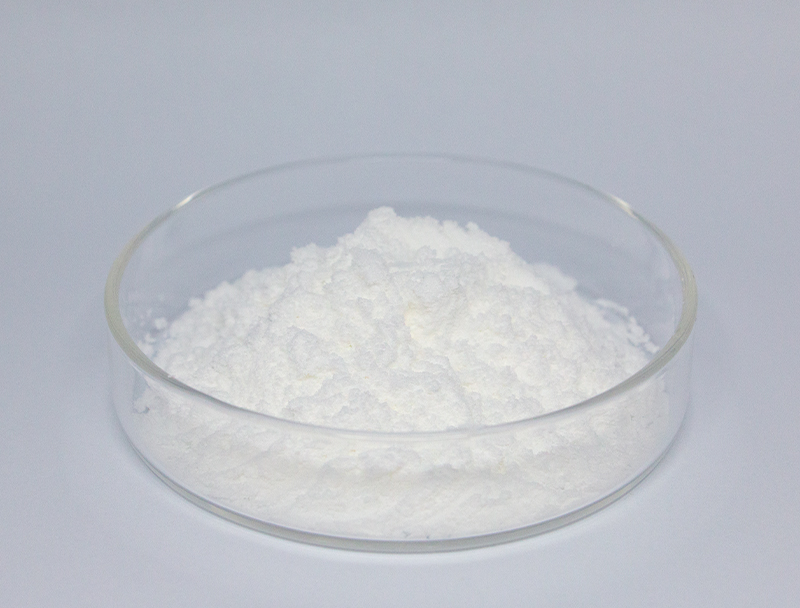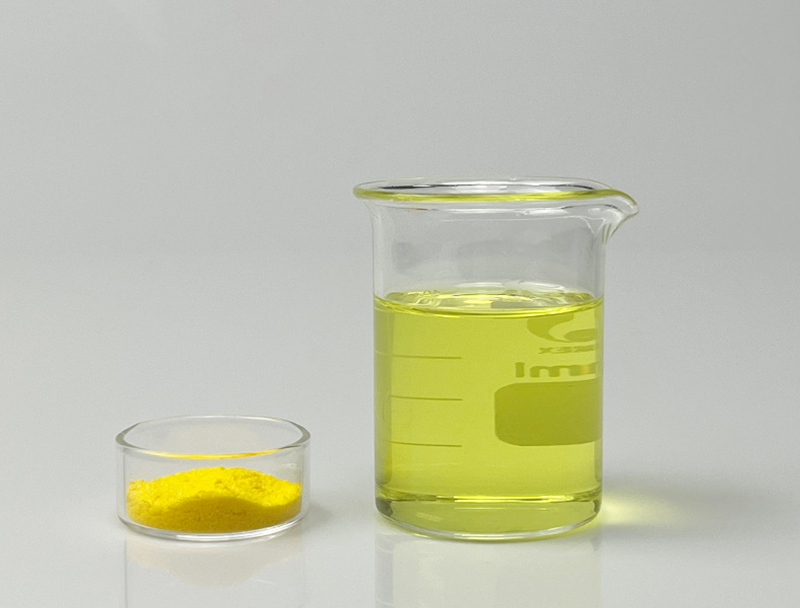
Biomanufacturing relies heavily on an extensive collection of feedstocks to manufacture advanced biological products.
Assuring sustainably sourced materials dictates persistent stability and principled industry advancement.
a range of complications linked to historic procurement practices including carbon-intensive impacts and resource exhaustion. Hence, stakeholders must deploy sustainable supply practices to minimize environmental costs.
- Situations demonstrating ethical sourcing encompass:
- Utilizing renewable feedstocks derived from agricultural byproducts
- Implementing closed-loop systems to minimize waste and maximize resource efficiency
- Forging alliances with neighborhood suppliers supporting green sourcing
The transition to greener sourcing offers both planet-friendly outcomes and business advantages.
Optimizing Biomass Feedstocks for Enhanced Biofuel Production
Advancing fuel production depends on feedstock consistency and composition. Experts maintain efforts to discover ways to maximize feedstock value, leading to higher yields of biofuels and a more sustainable energy future. This involves genetic modifications to increase biomass production, as well as pretreatment techniques that break down complex plant materials into more readily fermentable sugars.
- Moreover, investigations target novel feedstocks like microalgae, municipal residues, and field residues to widen the pool of renewable biomass for biofuel use.
- Owing to ongoing work the biofuel domain is primed to reach substantial milestones advancing renewable energy adoption.

Biopharmaceutical Manufacturing: Advancements in Upstream Processing
spans early manufacturing steps including propagation and cell separation Current advancements have streamlined operations and improved bioproduct yields.
Crucial progress includes proprietary cell systems, optimized growth media, and adaptive bioreactor architectures. The improvements increase output while decreasing cost structures and sustainability impacts.
- Additionally, a shift to integrated continuous operations is providing enhanced flexibility and responsiveness in production.
- Transitioning to refined production methods has the potential to overhaul the industry and expedite new treatments.

Genetic Engineering Innovations for Higher Therapeutic Yields
developments in targeted genetic engineering methodologies have modernized drug manufacturing. By precisely targeting genes within host organisms, researchers can enhance the yield of valuable therapeutic proteins. This capability can unlock development of cost-efficient, high-performance biologics for many conditions.
Microbial Biotechnology as a Sustainable Cleanup Strategy
progressive microbe-based cleanup tactics that mitigate industrial pollution. Microorganisms possess the remarkable ability to degrade and transform harmful pollutants into less toxic substances.. Utilizing microbial metabolism supports eco-friendly site cleanup methods that limit secondary harm from remediation.. Research teams analyze microbial diversity to find candidates that metabolize heavy metals, break down pesticides, and treat oil-contaminated matrices.. Such organisms are usable in treatment systems or applied directly to soils and waters to drive biodegradation of contaminants..
The use of microbial biotechnology in bioremediation offers several advantages over conventional methods. These methods are economical and eco-conscious while reducing hazardous secondary waste. In addition, microbial approaches enable pollutant-specific treatment without broad ecological disruption. Ongoing innovation aims to boost the throughput and efficacy of microbe-driven remediation approaches.
Leveraging Bioinformatics for Novel Therapeutics
Bioinformatic tools play an increasingly crucial role in the modern landscape of drug discovery and development. By integrating diverse datasets, bioinformatics enhances candidate identification and therapeutic optimization.
- Via examination of genomic, proteomic, and clinical datasets, researchers pinpoint targets and project drug activity.
- Additionally, simulation tools enable prediction of binding and activity, guiding creation of more potent drugs.
- In summary, bioinformatics overhauls pharmaceutical R&D and quickens the path to safe therapeutics for patients.
Engineering Cellular Pathways for Improved Bioproduct Output
utilizes multiple approaches to enhance production of desirable bioproducts in cells. Options include metabolic rerouting via gene edits, expression tuning through regulatory control, and incorporation of foreign enzymes to expand function.. By refining pathway flux and regulation engineers can significantly raise bioproduct production.
Such an integrated approach may disrupt diverse fields including therapeutics, crop science, and sustainable fuels.

Scale-Up Challenges and Prospects for Biopharmaceuticals
Transitioning to higher volumes entails serious complications and potential rewards. Preserving batch-to-batch quality when scaling up is a key challenge. Meeting the need calls for dependable control systems, granular monitoring, and cutting-edge analytical methods.

Complexity in multi-step biomanufacturing operations presents ongoing operational challenges.. Scaling optimization is a resource-intensive task that calls for substantial innovation and study.. Still, the gains can be meaningful. Successful scaling up can lead to increased access of life-saving therapies, reduced production costs, and enhanced profitability.
Several projects are designed to mitigate these scaling barriers. These include the development of new technologies for process optimization, advanced analytics for real-time monitoring and control, and innovative manufacturing strategies.
- Innovation programs are essential to expand production competencies.
- Authorities are revising processes to enable faster clearance of manufacturing innovations and encourage progress.
Navigating the Regulatory Landscape for Biopharmaceuticals: Ensuring Safety and Efficacy
Manufacturing biopharmaceuticals entails detailed regulatory processes to copyright safety and clinical performance. Therapies derived from biological organisms carry special considerations not typical of conventional pharmaceuticals.
Agencies like FDA and EMA develop frameworks and criteria for validating and approving cutting-edge biotherapies..
Stringent experimental and surveillance testing occurs across the entire development-to-market continuum. These controls function to identify dangers and ensure biopharmaceuticals achieve premier safety standards..
Likewise, authorities progressively modify regulatory tactics to follow the speed of innovation in biopharma.. Measures involve adopting innovative technologies and enabling development acceleration without compromising patient L-arginine-α-ketoglutaric acid welfare.

Plant-Derived Inputs for Next-Gen Bioplastics
Heightened demand for sustainable products accelerates efforts to develop renewable material alternatives. Plant-origin feedstocks converted into bioplastics create promising opportunities for eco-friendly materials. Materials such as starch from corn, cellulose pulp, and sugarcane biomass are convertible into biodegradable polymers that lower plastic waste concerns.
Also, many renewable bioplastics exhibit comparable mechanical and functional traits to conventional plastics across applications.. Further innovation is required to mature plant-based bioplastics for broad adoption and circular economic models.
This Emerging Impact on Public Health and Food Systems
Biotech innovations hold promise to dramatically impact health and the reliability of food systems. Applying targeted genetic edits, synthetic biology frameworks, and cellular therapeutics, practitioners produce measures to address infectious disease, boost harvests, and upgrade nutritional content.. Consider genetically enhanced crops that resist pests and environmental stresses to improve production and reduce pesticide reliance.. Moreover, biotechnology plays a crucial role in developing vaccines, antibiotics, and diagnostic tools that are essential for combating infectious diseases and improving global health outcomes.. As innovations mature, biotechnology can provide meaningful contributions toward global health and resilient food supplies for future generations.
